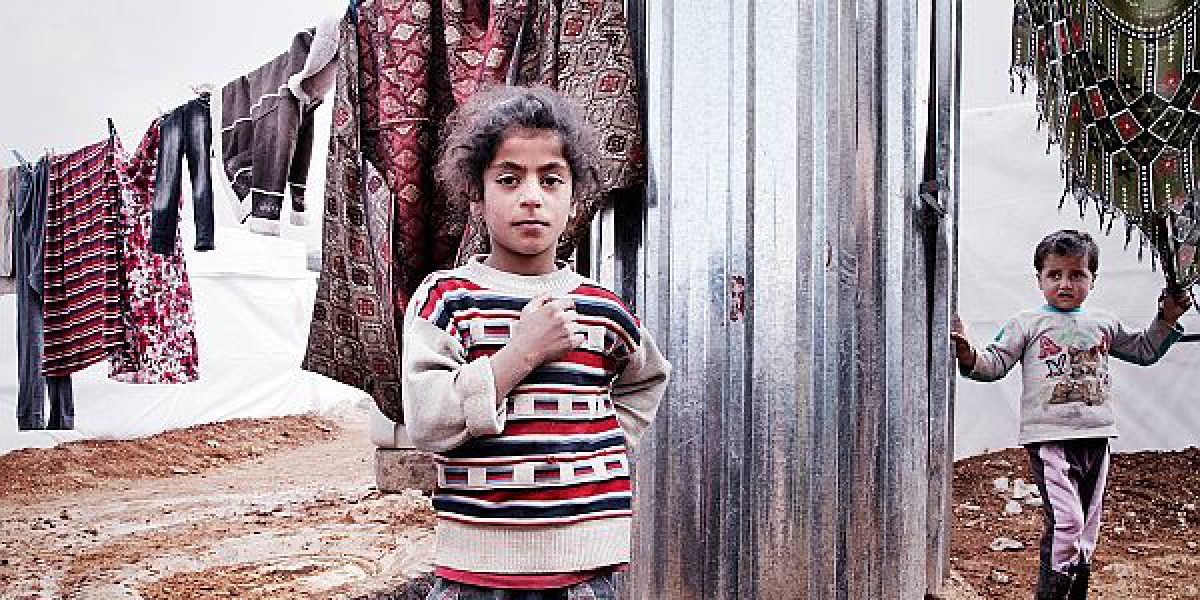
Brussels, 9 May 2014 – JRS Europe joins the European Council on Refugees and Exiles (ECRE) in supporting yesterday’s call by the German Parliament for an EU conference to resettle more of Syria’s refugees in Europe. The conference would enable EU member states to make concrete commitments to offer a safe haven for people fleeing the war in Syria.
“The EU has to work together to ensure that refugees can travel to Europe to seek protection in ways that are safe and legal”, says Philip Amaral, JRS Europe’s Advocacy and Communications Coordinator.
Few refugees from Syria have been able to seek protection in Europe because of nearly insurmountable legal barriers to enter the EU. Many are forced to pay exorbitant amounts of money to smugglers for a dangerous journey into Europe. For these reasons, Europe has taken in barely four percent of all of Syria’s refugees, which currently number over three million.
Germany has been an exception, having committed to resettle up to 10,000 refugees from Syria. Other EU member states together have committed to resettle just 5,000 refugees. Sweden’s Minister for Asylum and Migration, Tobias Billström, has urged EU member states to take in up to 100,000 refugees. Sweden joins Germany in currently hosting the most Syrian refugees in the EU.
“By resettling more of Syria’s refugees, the EU would be making a strong show of solidarity with not just Syria’s refugees but also with other countries in the region who are accommodating very large numbers of refugees”, says Mr Amaral.
JRS Europe has joined 100 partner organisations in 34 countries in a campaign to help Syria’s refugees. Led by ECRE, the “Europe Act Now” campaign calls on European leaders to do more to protect people fleeing the war in Syria.
“People can show their support by signing a petition asking EU leaders to protect Syria’s refugees in three ways: to ensure they can safely enter Europe, to protect them at Europe’s borders and to reunite families torn apart by the crisis”, says Mr Amaral.
Additionally, visitors to the campaign website, www.helpsyriasrefugees.eu, are encouraged to donate their Twitter feed or Facebook account to a Syrian refugee for one day or one week. During that time, stories from refugees are automatically shared. Already 7,300 people across Europe have donated their social media accounts for Syria’s refugees, reaching 329,000 people.
By resettling more of Syria’s refugees, the EU would be making a strong show of solidarity with not just Syria’s refugees but also with other countries in the region who are accommodating very large numbers of refugees.

